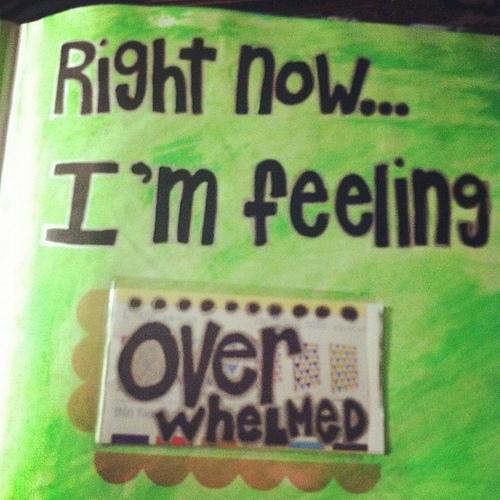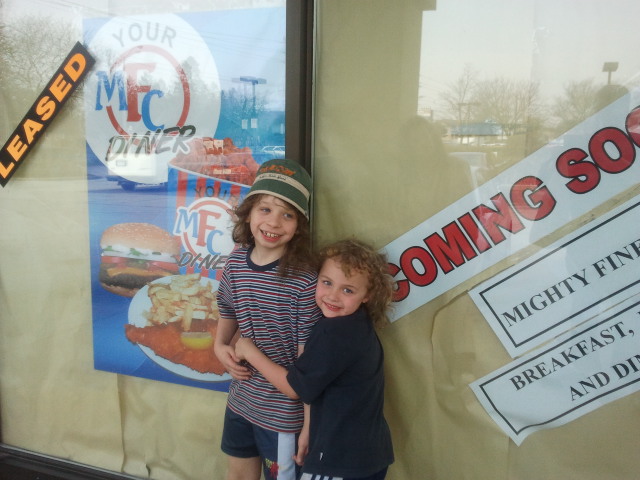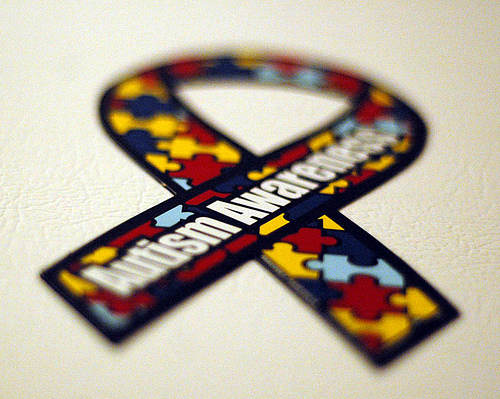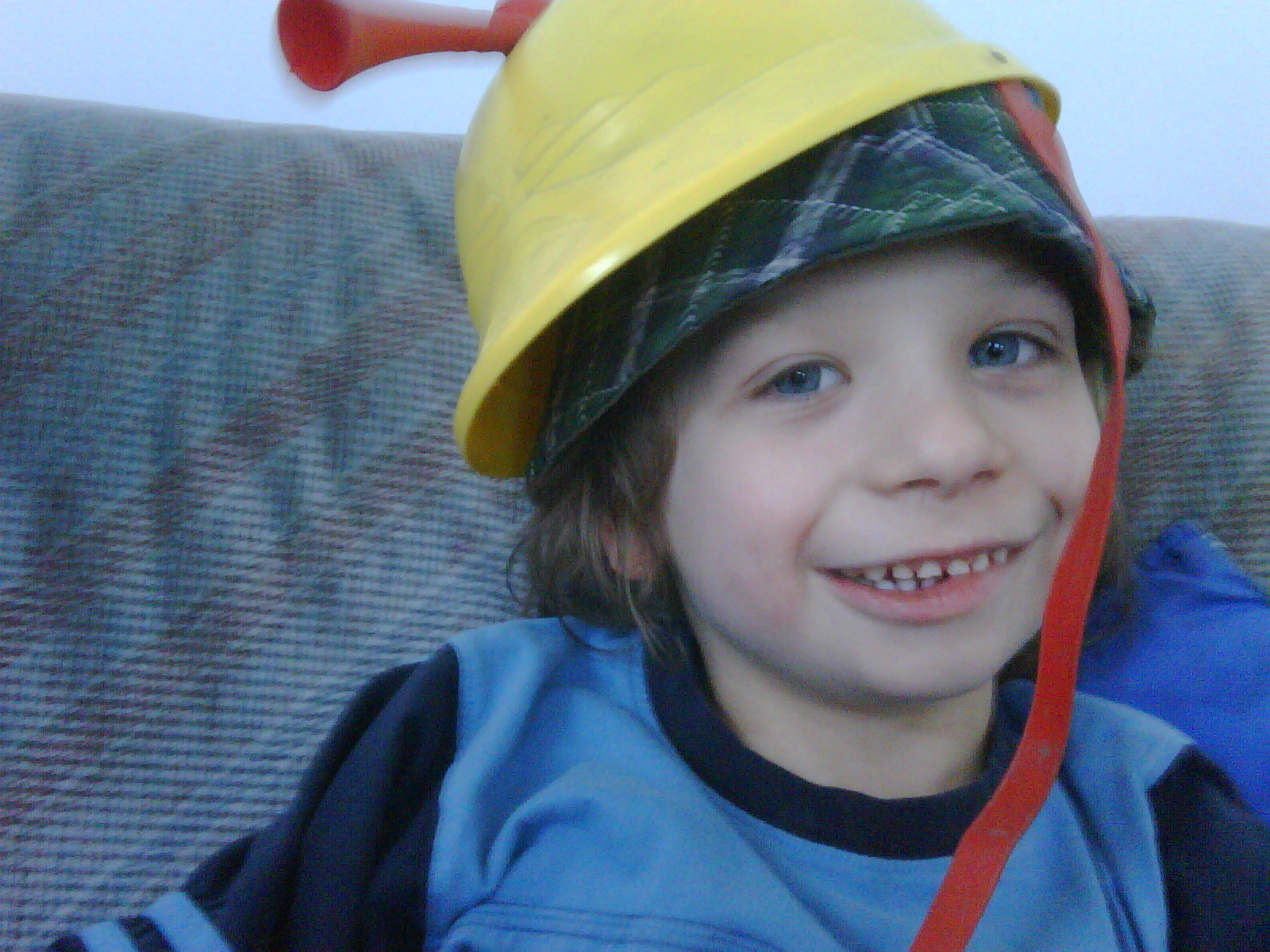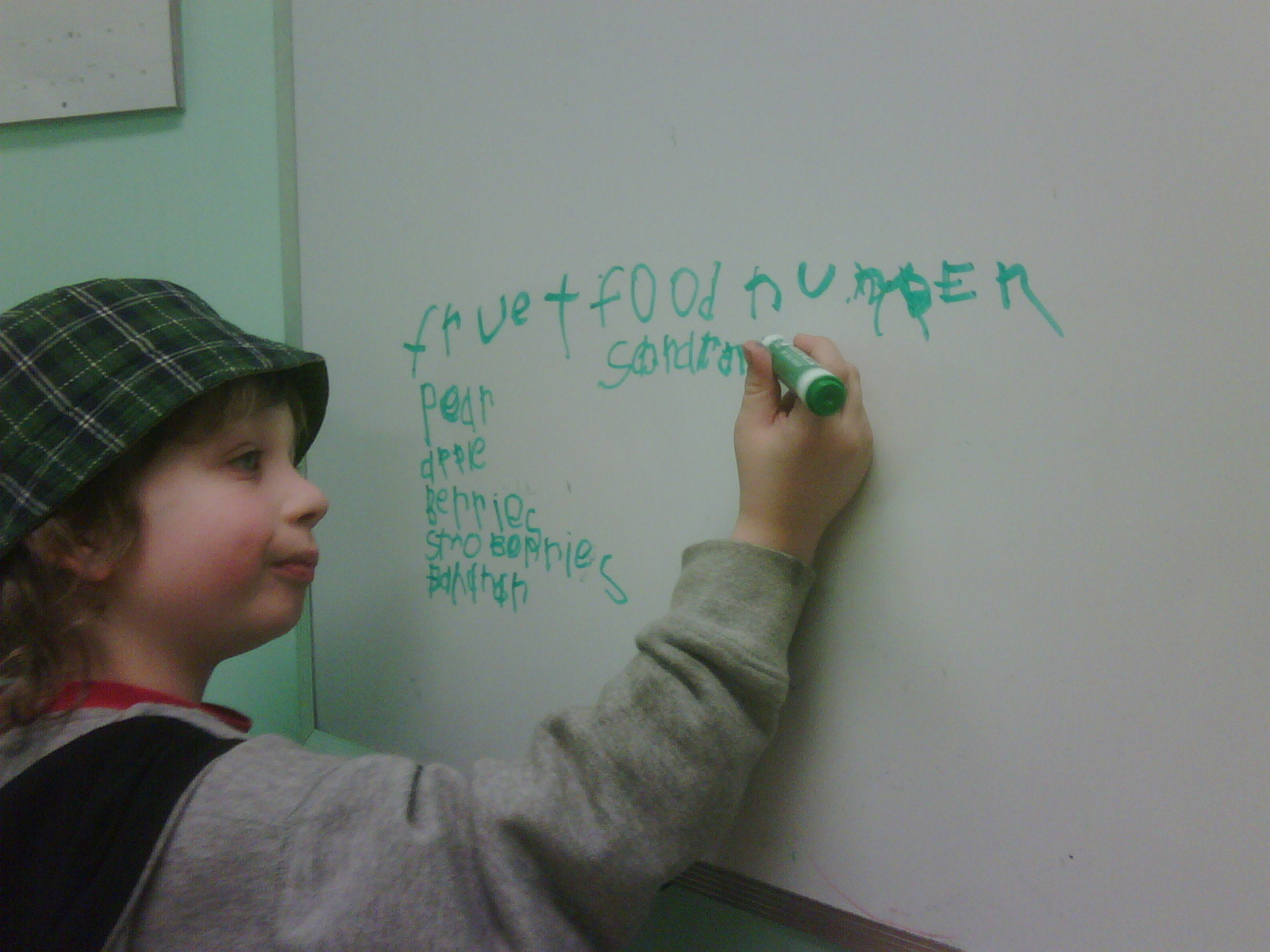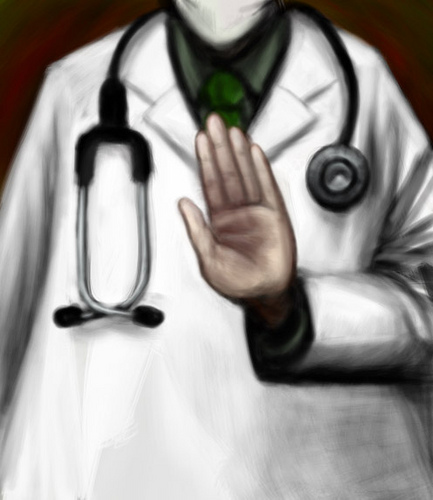I am participating in the 2012 Wordcount Blogathon, which means one post every day for the month of May.
Today, I am also participating in the WEGO Health True Life Tuesday Blog Party, in which participants start their posts with the phrase, “You think you know, but you have no idea…”
You think you know, but you have no idea.
You look at parents who have special needs kids, and you contemplate the things you think they are doing wrong. Thinking you know better, you utter sentences that start with the phrase, “If that was my child…”
Until you get handed a diagnosis of autism and realize that, wait a minute, that is your child. You find yourself facing the same challenges as all of those parents you used to be quick to judge, and you find yourself responding in very similar ways.
You have no idea what special needs parenting is like until you are wearing those shoes.
Yes, my child has sometimes been the kid having a very loud meltdown in a grocery store.
Yes, I am the mom who has occasionally snapped needlessly at her kids in public, because she was just so overwhelmed.
Yes, I sometimes let my child play on the computer for longer than is considered ideal, because I am so desperate for time to take a shower.
Yes, I do want to get all available services for my child, but that is way easier said than done.
No, I don’t invite my son’s classmates over for playdates to encourage interaction. They are all special needs kids, and seeing each other outside of school is too weird and overwhelming for them.
Yes, my son’s hair is tangled and unruly. He is terrified of having it either washed or cut, and I just have to do the best I can. I know it doesn’t always look great.
Yes, I vaccinate my kids. I think the autism/vaccine link is pure bumph. I respect anyone who does believe in the link and I expect the same courtesy from them.
And no, I had no clue what special needs parenting was all about until I woke up one morning and discovered that I was now one of them. Many things have surprised me about this journey. There are things both good and bad that I did not expect. Being a special needs mom has taught me a great deal about myself and about other people. One of my biggest surprise discoveries is that I have far bigger reserves of patience than I thought. For the most part, I can stay calm in the face of a meltdown, and do what I need to do to see myself and my son through the storm.
Last week, I used my social media channels to ask other moms the question: just what is it about special needs parenting that has surprised you the most? I got responses that were both poignant and uplifting. Many of them I can relate to myself.
Here’s what other special parents have found surprising about their journeys:
- The apathy of most people. If it’s not affecting them personally, they don’t give a crap or they say ” Why should I? It’s not affecting me” (Leigh)
- It’s not as bad as I thought it would be. (Jacquie)
- How much energy it takes at times…like mid-meltdown… (Lucette)
- The lack of community support. I was also surprised by my reaction to that – one of passion and action! (Amy)
- How ignorant the NT’s can be (Ron) (For the uninitiated, NT means neurotypical, a fancy term for “typically developing”)
- How strong it can make a mother! (Mimi)
- How screwed up my idea of success was. (Jennifer)
- How uncaring the rest of the community is and how much energy it takes to keep on fighting for acceptance. (Susan)
- The fact that we have to fight our school systems for EVERY support and service that will help our kids in the future. (Barbara)
- How hard it is to accept offers of help, and how much better it works for everyone when I do. (Ruth)
- How strong I’ve become, physically and emotionally…well, most days anyway. 😉 (Megan)
- How after a while you stop seeing the special needs, and just see the child. It’s only ever other people who make you notice the special needs again. (Freya)
- How hard but rewarding it is! (Hike. Blog. Love)
- How much you truly learn from them! And I now know the real meaning of determination. (Vera)
- How I have forced myself to re-evaluate some of the values I had about life. Some people will always do “bad” things, our faith in a Higher Power should be our motivation to forgive those people since we ask forgiveness from “Above” and HE forgives indiscriminately (Naadia)
Reading what these parents have to say should send a very clear message that even when there’s a common diagnosis, like autism, everyone’s journey is unique. We all have our own sets of challenges.
So next time you think someone is falling short of what they could or should be doing as a parent, just remember that you’ll probably never have the opportunity to wear their shoes.
(Photo credit: http://www.flickr.com/photos/libookperson/6187904322/. This picture has a creative commons attribution license.)





